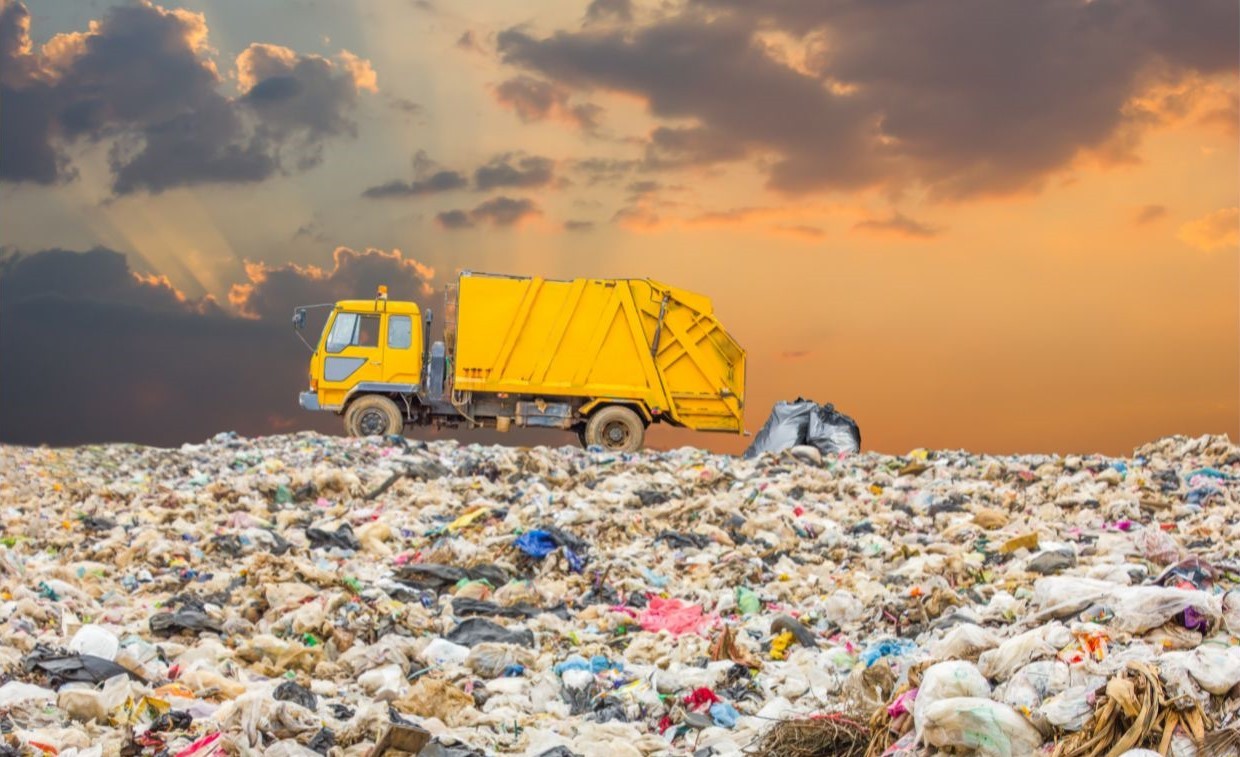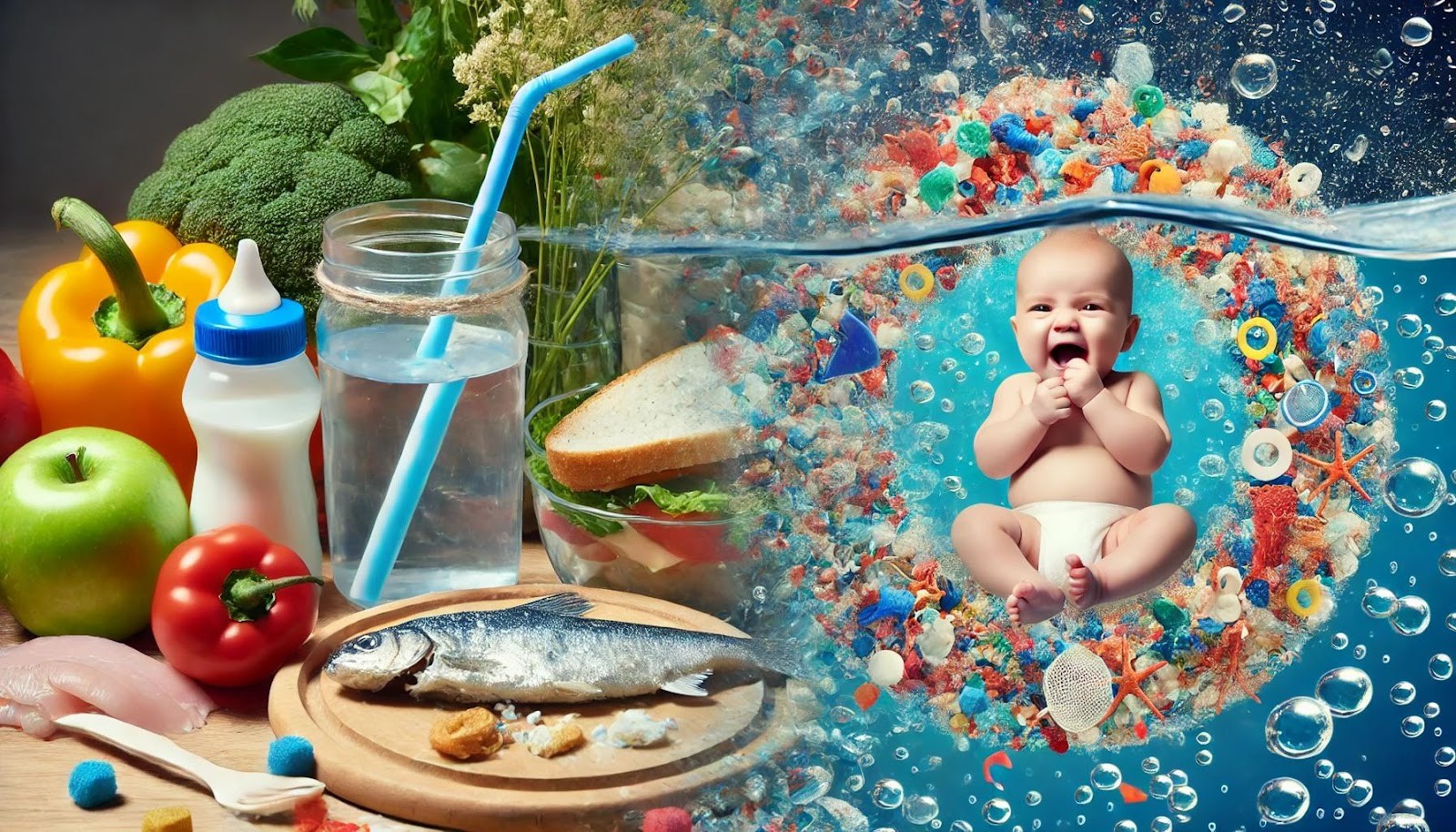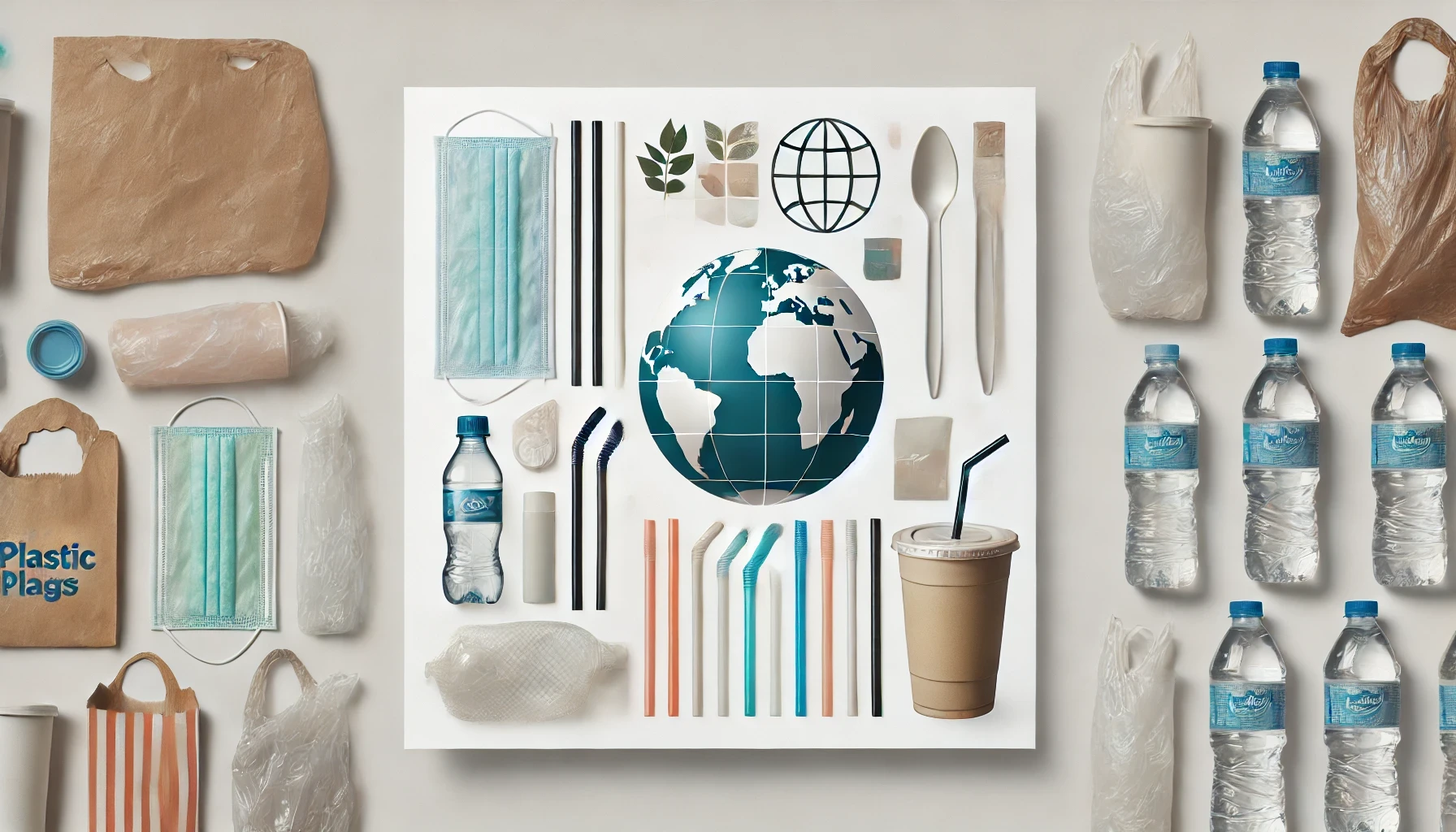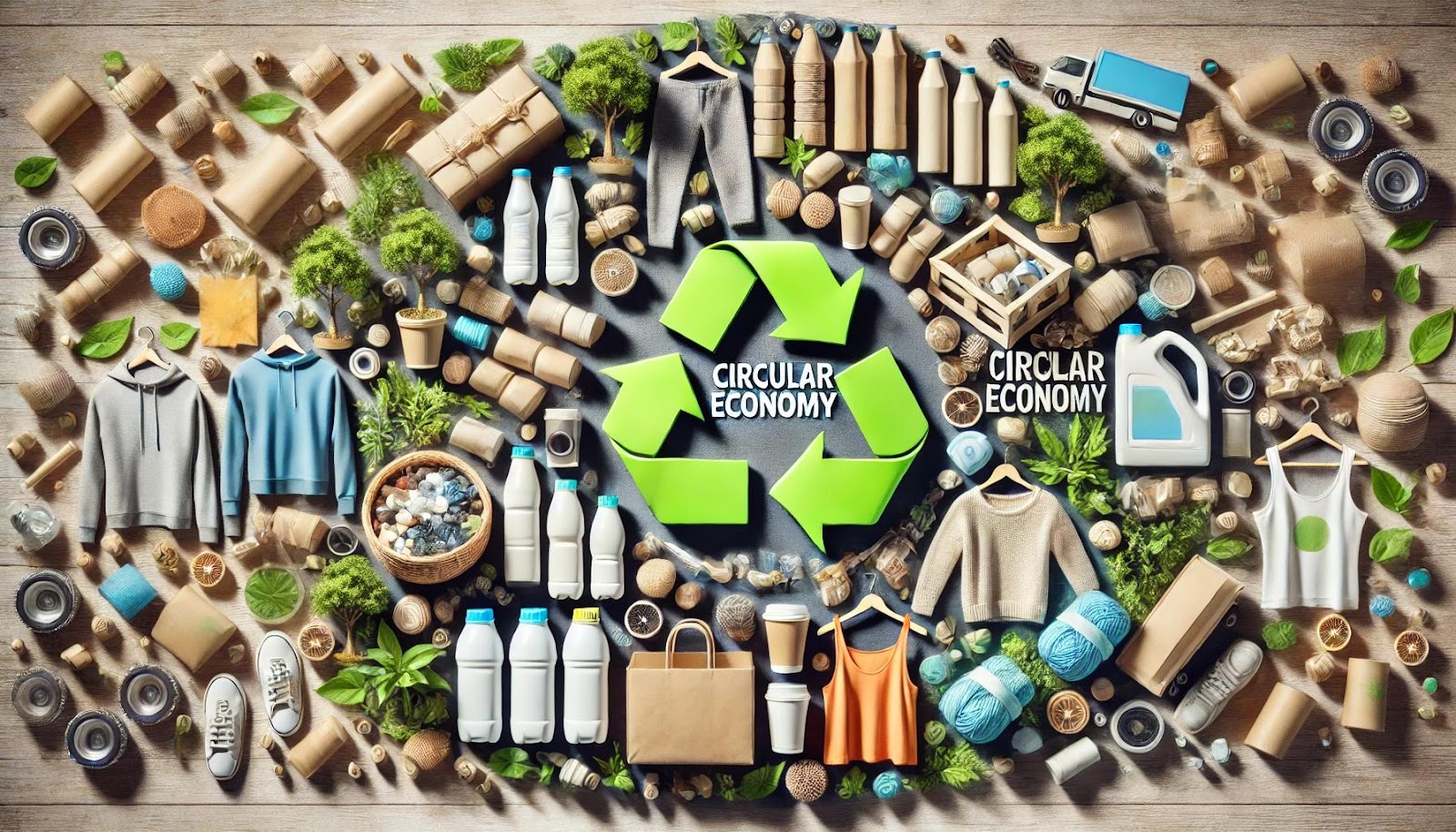Biomanufacturing Scale Up
ZymoChem Fuses Enzymes and Chemistry to Revolutionize the Hygiene Industry
The company introduces the world's first scalable, 100% bio-based, and biodegradable super absorbent polymer, revolutionizing the hygiene industry and combating microplastics
[DALL-E]
Last week, ZymoChem issued a press release announcing BAYSE™, the world's first scalable, 100% bio-based, and biodegradable super absorbent polymer. Coming from a company doing breakthrough science for a fossil-free future, this is an important step for slowing the impact of climate change, reducing environmental pollution, and preventing the accumulation of microplastics.
Super absorbent polymers (SAPs) are the primary component in diapers and menstrual care products. As the world’s population grows, so does the consumption of these products. The bad news is that these materials are not recyclable and end up in landfills. Specifically, baby diapers occupy a staggering third place when it comes to solid landfill waste in the United States. The World Economic Forum estimates that 300,000 diapers enter landfills or are incinerated every minute.

“Diapers are the third largest item in landfill after food and paper,” says Harshal Chokhawala, PhD, CEO and Co-Founder of ZymoChem. “They are single-use products by design, so we really need to think about the lifecycle of the materials they are made of.”
Since becoming broadly available in the 1960s, disposable diaper materials have evolved to improve their performance, fit, and skin comfort. However, there has yet to be any significant breakthrough to improve diapers' environmental impact. ZymoChem’s new SAP material, BAYSE™, is a revolutionary innovation that can potentially transform a $145 billion hygiene industry, as well as have additional applications in industries such as agriculture, cosmetics, and water treatment.
Combining the Power of Enzymes and Organic Chemistry
The reason why ZymoChem chose superabsorbent polymer as the company’s first commercial product is not an accident. As he was working on selecting the company’s product portfolio, Chokhawala learned about the negative environmental impact of hygiene products while his wife was pregnant with twins. It is estimated that a baby goes through 4,000-6,000 diapers on average. These materials end up in landfills, where they persist for hundreds of years.

Microplastic particles contained in diapers and many other hygiene products can leach into the environment and contaminate our water and food supplies, causing potentially serious health consequences. Microplastics can even cross the placenta and have adverse endocrine effects on the babies before they are even born. This gave Chokhawala a strong personal motivation to change the status quo. He realized that this was an area where synthetic biology could make a big impact.
“As an organic chemist, I was always amazed by the power of enzymes and microbes to do basically the same chemistry, but with higher precision and at ambient conditions,” says Chokhawala.
Before starting ZymoChem, he was a scientist at UC Berkeley. After a decade of working in academia and applying his research to applications with companies such as BP, Chokhawala decided to start his own company that combines the power of enzymes and microbes to create renewable and sustainable materials without sacrificing performance, scalability, or price. ZymoChem’s breakthrough fermentation platform is powered by proprietary carbon-conserving microbes that convert renewable feedstocks into high-value materials.
Starting with a seed round of $4 million in 2021, ZymoChem went on to raise $21 million in Series A in January 2024. The funding will be used to accelerate the commercialization of BAYSE™ Bio-SAP. ZymoChem plans to scale up its production as well as establish strategic partnerships to bring this revolutionary product to market.
An Opportunity to Make a Big Impact
While the decision to pursue the development of SAP materials was inspired by family life developments, it was also a highly practical decision. Today’s consumers are aware of the impact of single-use plastics. Governments are also implementing laws and regulations to reduce plastic waste.

“Many countries have implemented regulations around single-use plastics,” says Chokhawala. “But many of those products (like plastic cups, plates, or bags) you can actually use more than once. To me, if there is a definition of single-use plastic, I would say it's the diaper.”
Chokhawala saw positive market forces for building a product category around materials for single-use personal hygiene products. Growing consumer and regulatory body awareness encourages the adoption of new materials by existing manufacturers of these products. They are looking for a functional replacement for incumbent materials. ZymoChem’s Bio-SAP provides such a solution:
“It's compatible with the existing infrastructure and the existing designs that diaper manufacturers offer,” says Chokhawala. “Consumers would not see a difference in terms of how the product performs.”
While matching the performance of incumbent offerings was table-stakes, when it comes to the lifecycle analysis of BAYSE™, the differences are staggering. ZymoChem set out strict product specifications from the beginning: the material had to be made from renewable sources, manufactured using sustainable processes, and designed to biodegrade.
“This is a product category where we really have to think about its end of life,” explains Chokhawala. “If it makes sense for the product to biodegrade, you should have that functionality built in.”
Looking Ahead
ZymoChem has set its sights far beyond diapers. Its core technology and patent portfolio unlock vast opportunities for inspiring change across various sectors. For instance, BAYSE™ could be used in industries such as agriculture, cosmetics, and water treatment.

ZymoChem is also working on commercializing bio-based nylon manufactured to reduce its environmental footprint. And industry players like lululemon and Toyota Ventures have taken notice. Both entities invested in the startup, recognizing ZymoChem as a partner to help achieve their sustainability goals with the synthetic biology unlocked at ZymoChem.
“Our mission is to look at the different materials that we interact with on a daily basis and see where we can bring sustainability,” envisions Chokhawala. “For us, the definition of success is making everyday goods from 100% renewable materials in a decarbonized way and bringing in circularity when it makes sense.”

















